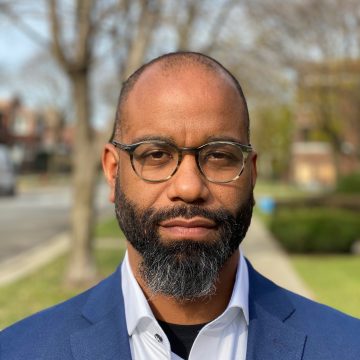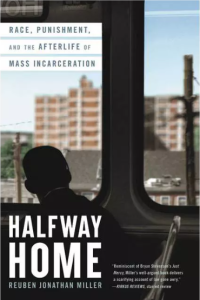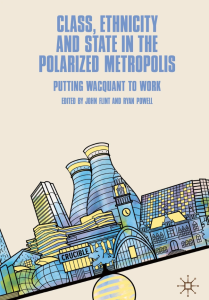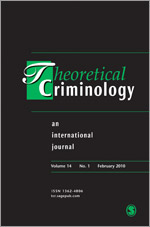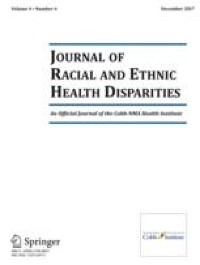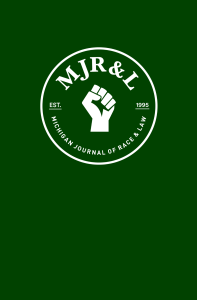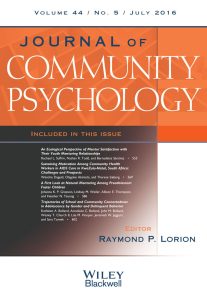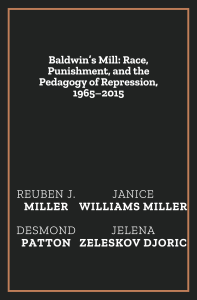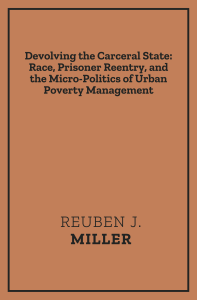Reuben Jonathan Miller (he/him) is an ABF Research Professor and an Associate Professor at the University of Chicago Crown Family School of Social Work, Policy, and Practice and in the Department of Race, Diaspora and Indigeneity. In 2022, he was named a MacArthur Fellow for his work tracing the long-term consequences that incarceration and reentry systems have on the lives of individuals and their families.
As a trained social worker and former chaplain at Chicago’s Cook County Jail who had his own personal experiences with the carceral system, Miller addresses in his ethnographic work, many of the tangible costs on both formerly imprisoned citizens working to rebuild their lives and all of society. These hurdles they face in an attempt to make and find new lives perpetuate more violence and increase the likelihood that they will be re-arrested. In his award-winning book, Halfway Home: Race, Punishment, and the Afterlife of Mass Incarceration, Miller explores “carceral citizenship” and mass incarceration has transformed the social life of the city and fundamentally altered the contours of American citizenship one (poor and disproportionately black) family at a time.
Reuben is widely published in academic journals, covering fields that range from criminology and human rights to law, psychology, sociology, social work, and public health. He is frequently called upon by news media to give commentary on issues of crime, punishment, race, and poverty. His new work is a transnational study of the emergence of welfare and criminal justice institutions in the port cities that were most involved in the transatlantic slave trade after emancipation.

